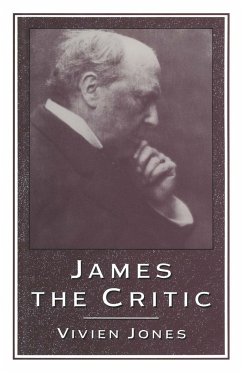
Modernism and Morality
Ethical Devices in European and American Fiction
Versandkostenfrei!
Versandfertig in 6-10 Tagen
76,99 €
inkl. MwSt.
Weitere Ausgaben:

PAYBACK Punkte
38 °P sammeln!
Modernism and Morality discusses the relationship between artistic and moral ideas in European and American literary modernism. Rather than reading modernism as a complete rejection of social morality, this study shows how early twentieth-century writers like Conrad, Faulkner, Gide, Kafka, Mann and Stein actually devised new aesthetic techniques to address ethical problems. By focusing on a range of decadent, naturalist, avant-garde and expatriate writers between 1890 and the late 1930s this book reassesses the moral trajectory of transatlantic fiction.














